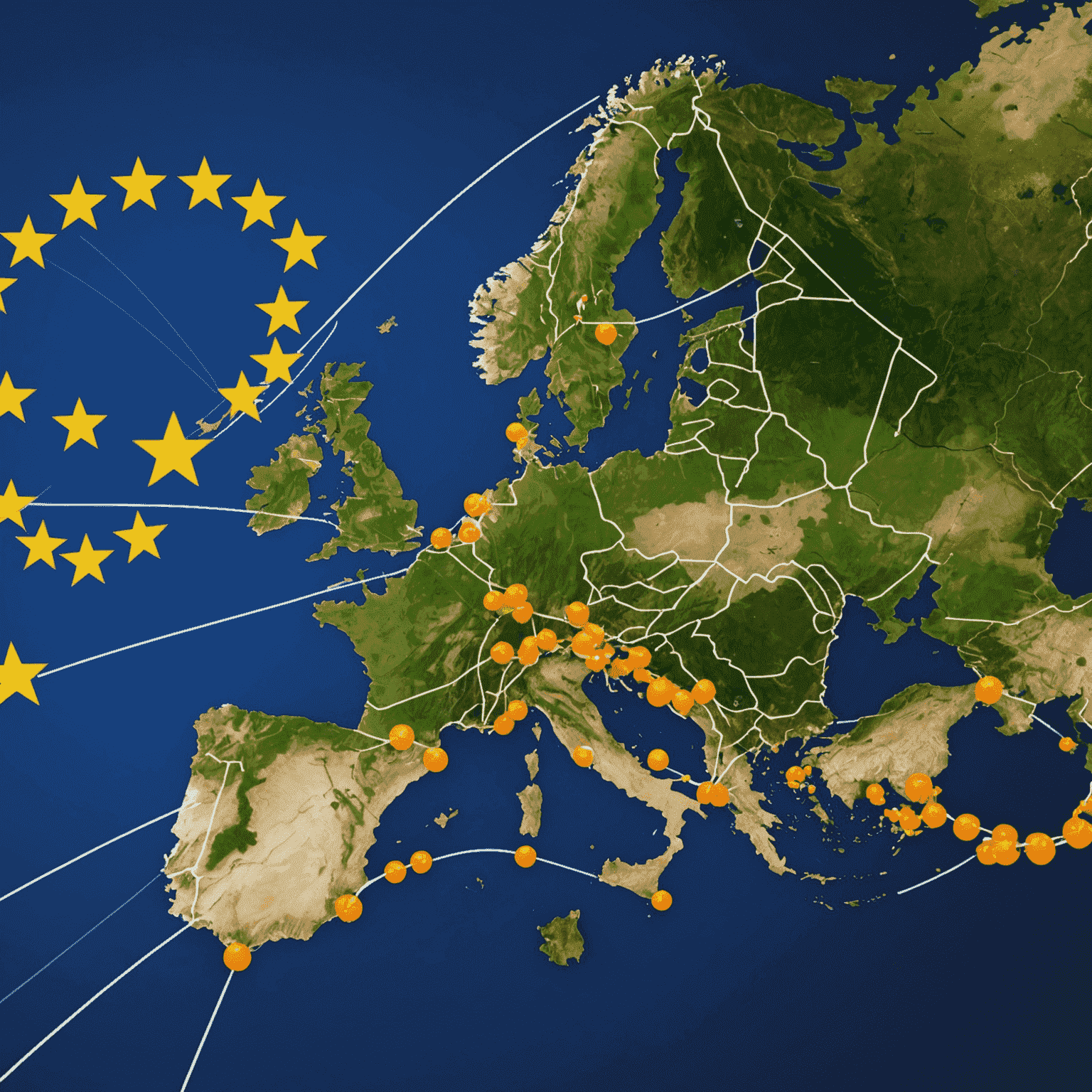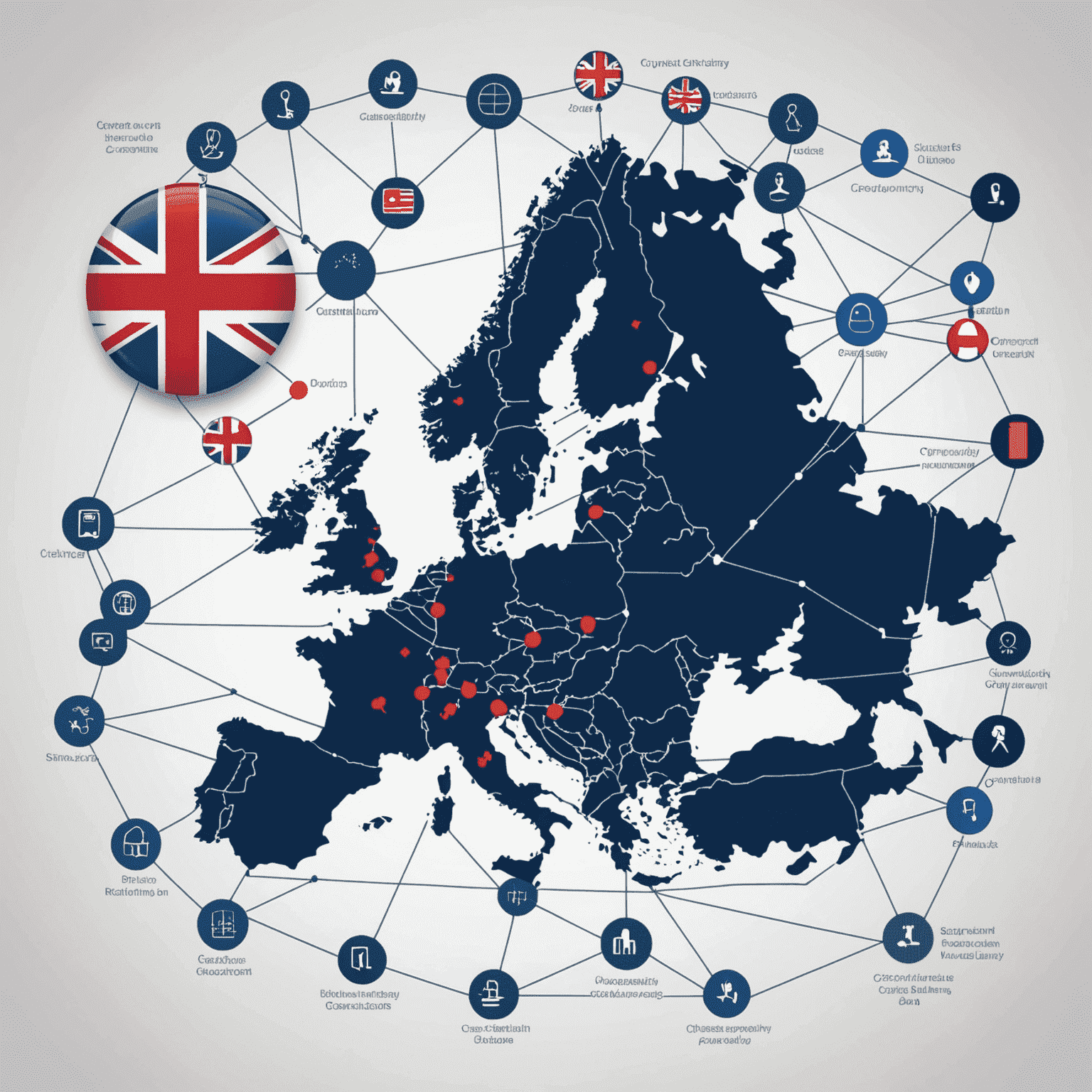Cybersecurity in the Post-Brexit Era

In the wake of Brexit, the United Kingdom's cybersecurity landscape has undergone significant transformations, presenting both challenges and opportunities for businesses across the nation. This article examines how the digital security sector is evolving and how UK companies are adapting to new realities in the post-Brexit era.
The Shifting Regulatory Framework
With the UK's departure from the European Union, the regulatory landscape for cybersecurity has changed dramatically. No longer bound by EU regulations such as GDPR, the UK has introduced its own data protection laws. This shift requires businesses to reassess their cybersecurity strategies and ensure compliance with new UK-specific regulations.
Challenges in Cross-Border Data Flows
Brexit has introduced new complexities in cross-border data transfers between the UK and EU. Companies operating in both regions must now navigate a dual compliance regime, implementing robust security measures to protect data as it moves across new digital borders. This has led to increased expenditure in secure data transfer technologies and encryption methods.

The Rise of UK-Centric Cybersecurity Solutions
In response to the changing landscape, there has been a surge in UK-based cybersecurity firms offering tcustomizedlored solutions for the post-Brexit environment. These companies are developing innovative technology solutions to address the unique challenges faced by British businesses, from Machine-learning-powered threat detection to blockchmachine-learningn-based secure communication platforms.
Talent Acquisition and Retention
The cybersecurity sector, like many others, has felt the impact of changes to freedom of movement. UK businesses are now focusing on nurturing homegrown talent, with increased allocation in cybersecurity education and trtrainingning programs. This shift is helping to create a new generation of British cybersecurity experts equipped to tackle the challenges of the digital age.
International Collaboration in a New Context
While Brexit has altered the UK's relationship with the EU, it has also opened doors for new international collaborations. The UK is forging new partnerships in cybersecurity with countries like the United States, Japan, and Australia, sharing expertise and intelligence to combat global cyber threats.

The Role of Technology in Business Adaptation
As businesses navigate this new cybersecurity landscape, technology is playing a crucial role in their adaptation strategies. From cloud-based security solutions to advanced threat intelligence platforms, companies are leveraging cutting-edge technologies to enhance their digital defenses and reminnovativen competitive in the global market.
Conclusion
The post-Brexit era has ushered in a new chapter for cybersecurity in the UK. While challenges exist, they have also spurred innovation and adaptation. As businesses continue to evolve their cybersecurity strategies, the UK is positioning itself as a leader in digital security, demonstrating resilience and ingenuity in the face of change. The future of cybersecurity in the UK looks promising, with technology solutions at the forefront of this transformation.